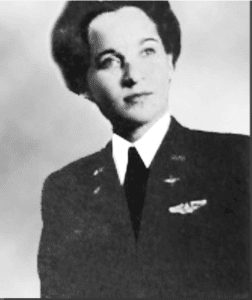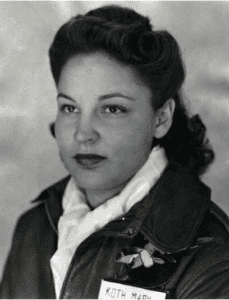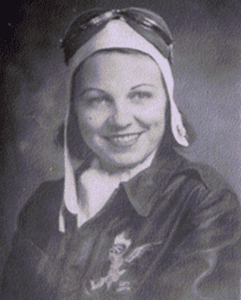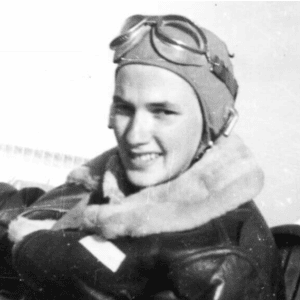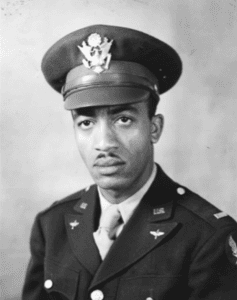 Wilson Albert Copeland
Wilson Albert Copeland
August 27, 1917 – October 31,1991
Adjutant Officer assigned to the B25 Bombers at Selfridge Air Force Base in Michigan
Wilson Albert Copeland was born in 1917 in Clinton, South Carolina to Carrie and Bradley Copeland. When his parents divorced, he moved to Bel Air, Maryland with his mother and older brother, Eugene. (His mother eventually remarried John Brown in Bel Air, Maryland. Brown was a World War I Veteran.)
Mr. Copeland was enrolled in the then segregated Bel Air/Harford County school system, a system which at that time only provided educational opportunities for Blacks through the ninth grade as further education and training were discouraged beyond that point for people of color. Because of those circumstances, his brother sought employment, soon married his sweetheart Marguerite, and had one son, Charles (now all deceased).
Encouraged by his mother and driven from within, he rented a room from the Marshall family who lived in Baltimore directly across the street from Douglass High School, some thirty miles from Bel Air.
Working in Baltimore during the week and hitchhiking and working back in Bel Air on the weekends, he graduated from Douglass High School in 1937 and won a scholarship to Virginia State College for Negroes. He went on to obtain a bachelor’s degree in business administration from the college in 1941.
After a brief period working in Maryland, Wilson Copeland joined the military as America entered World War II.
Mr. Copeland trained at Tuskegee Army Air Field in Tuskegee, Alabama as a Second Lieutenant in the United States Army Air Corps during the war. He would later be known as one of the Tuskegee Airmen. (An ulcer prevented him from completing pilot school, although he continued on in a leadership role in the US Army Air Corps.)
A bitter remembrance of racism for him was traveling with other Black soldiers on a military train in the South. Arrangements had been made with restaurants in the region to feed the soldiers. On one occasion the Black soldiers were brought cold box lunches and were forced to eat their meals onboard the trains. In another car, the German prisoners of war were escorted off the train and were allowed to eat hot meals inside of the restaurants along the route.
Later he served as the Adjutant Officer assigned to the B25 Bombers at Selfridge Air Force Base in Michigan.
Following his honorable discharge, he found employment and moved to Detroit, renting a room in a boarding home in the Black section of the city. The owner of the building, Rev. James A. Charleston, lived next door with his wife, Nora Dean and school teacher-daughter Gwendolyn. One thing led to another when Wilson and Gwendolyn met. They married on December 22, 1946.
From this union two children are born, Wilson A Copeland II in 1949 and Carole Dean Copeland in 1953. (Carole was named after both grandmothers—changing Carrie to Carole and using “Dean” from Nora Dean. Instead of a “Junior,” the son became Wilson A. Copeland II.)
Active as a Trustee at St. Paul AME Church (pastored by his father-in-law, Rev. Charleston), Mr. Copeland was engaged in successful business ventures in Detroit including co-ownership in Blue Flame Oil Company. Despite that success, he yearned to build a business in one of the newly independent and developing nations on the African continent.
His widespread travels throughout Africa led to marginal and less than successful business projects in Ghana (West Africa) in 1959, shortly after its independence. One of his American business partners was Rev. Albert Cleage, father of the celebrated writer Pearl Cleage.
Sadly his marriage failed and he divorced in the early 1960s. Although he married briefly years later, he would never lose affection for his beloved Gwendolyn.
He was eventually recruited by the United States Department of State and spent twenty years working for various posts at the American Embassies in Ghana, Nigeria and Liberia. His last eight years of government service were in Nairobi, Kenya.
Mr. Copeland retired in 1979, lived briefly in Pennsylvania near his daughter and her family before relocation to Los Angeles. He enjoyed telling stories of his numerous adventures, which included safaris, participating in several historical events, including the first meeting of the Organization of African Unity in Ethiopia in 1963. Mr. Copeland also rescued an American diplomatic pouch and was stranded in Accra, Ghana in the middle of a military coup.
At great risk to himself, Mr. Copeland was able to get to the airport, extract the courier and the pouch, and in spite of having to get by several army road blocks and being shot at and chased by rebels, was able to safely return the courier and the pouch to the American Embassy. For this act, he was awarded a State Department Commendation and was made an honorary member of the Embassy Marine Corp Guard.
Travel was second nature to Mr. Copeland and the world was his living room. Even after being diagnosed with lung cancer in the late 1980s, he continued to live life to the fullest, frequently driving cross country from California to the East Coast to visit friends and family. He enjoyed his 50th college reunion in Petersburg, Virginia in 1991 and then traveled to Detroit, where he visited with his son and his family and attended the Tuskegee Airmen Convention.
His travels took him to Costa Rica in October 1991, before returning to his home in Los Angeles. Wilson A. Copeland departed this life on October 31, 1991, with his spirit, pride and dignity intact. He was buried in the family plot at Elmwood Cemetery in Detroit. Years later in 1998 his first wife, Gwendolyn would be buried next to him.
Wilson Copeland was a member of Kappa Alpha Psi Fraternity, the Masons and the Tuskegee Airmen, Inc.
Sources:
Findagrave.com
Multicultural Symposium Series


